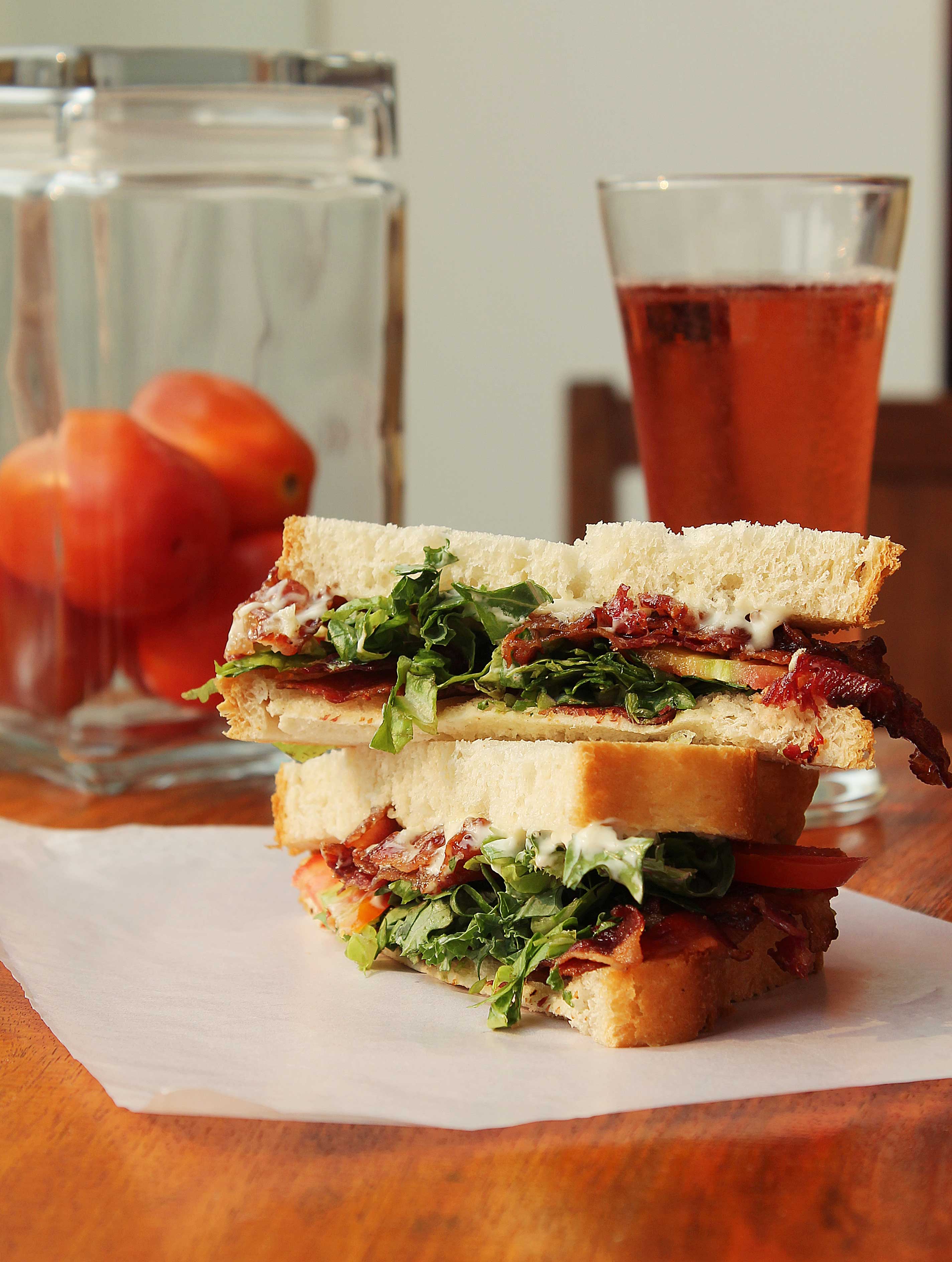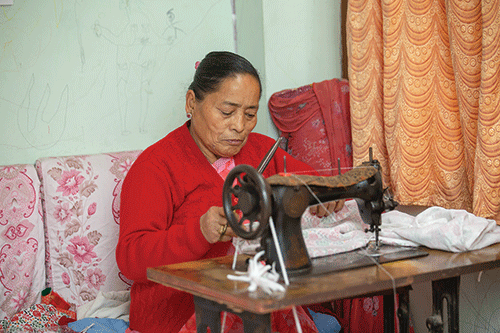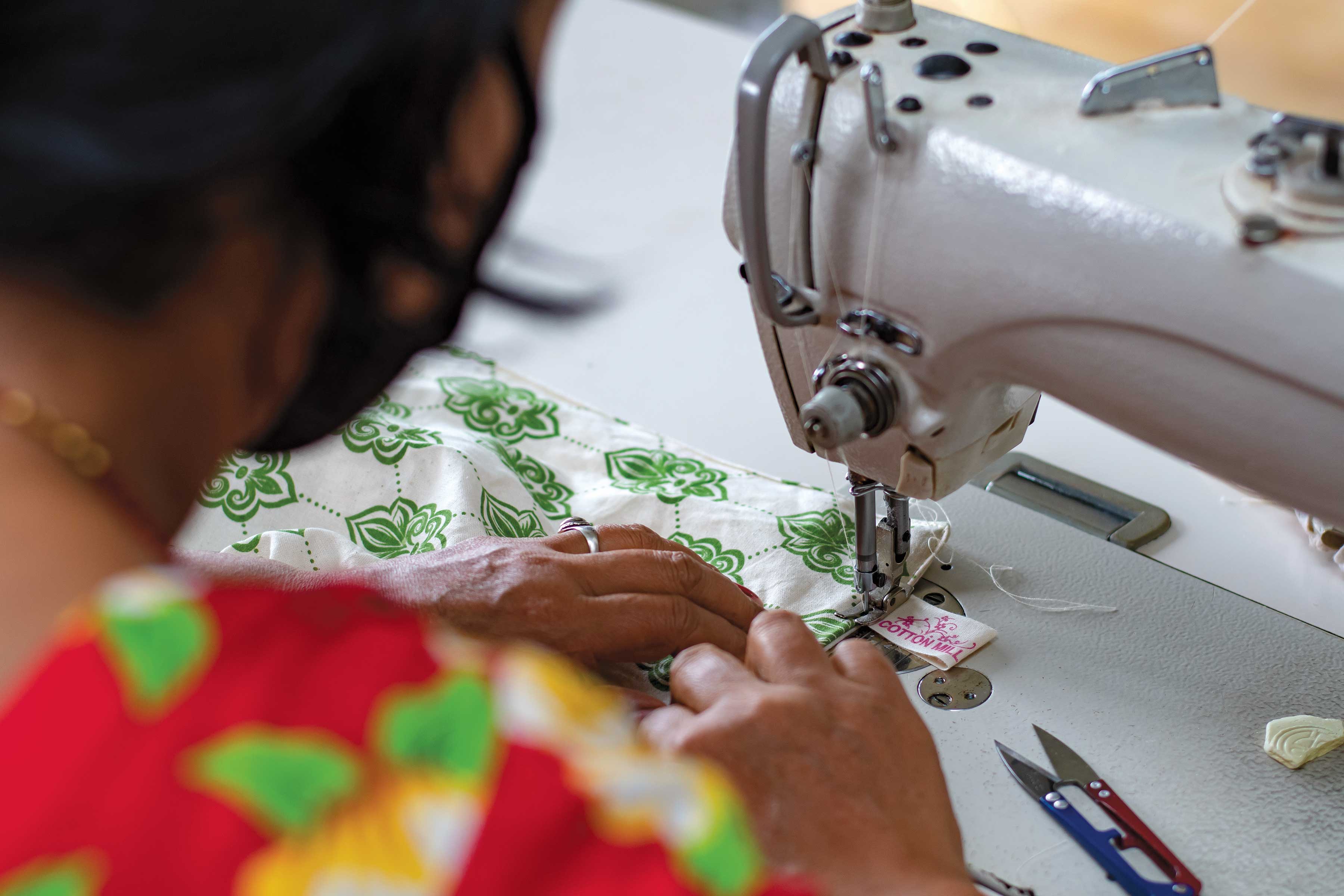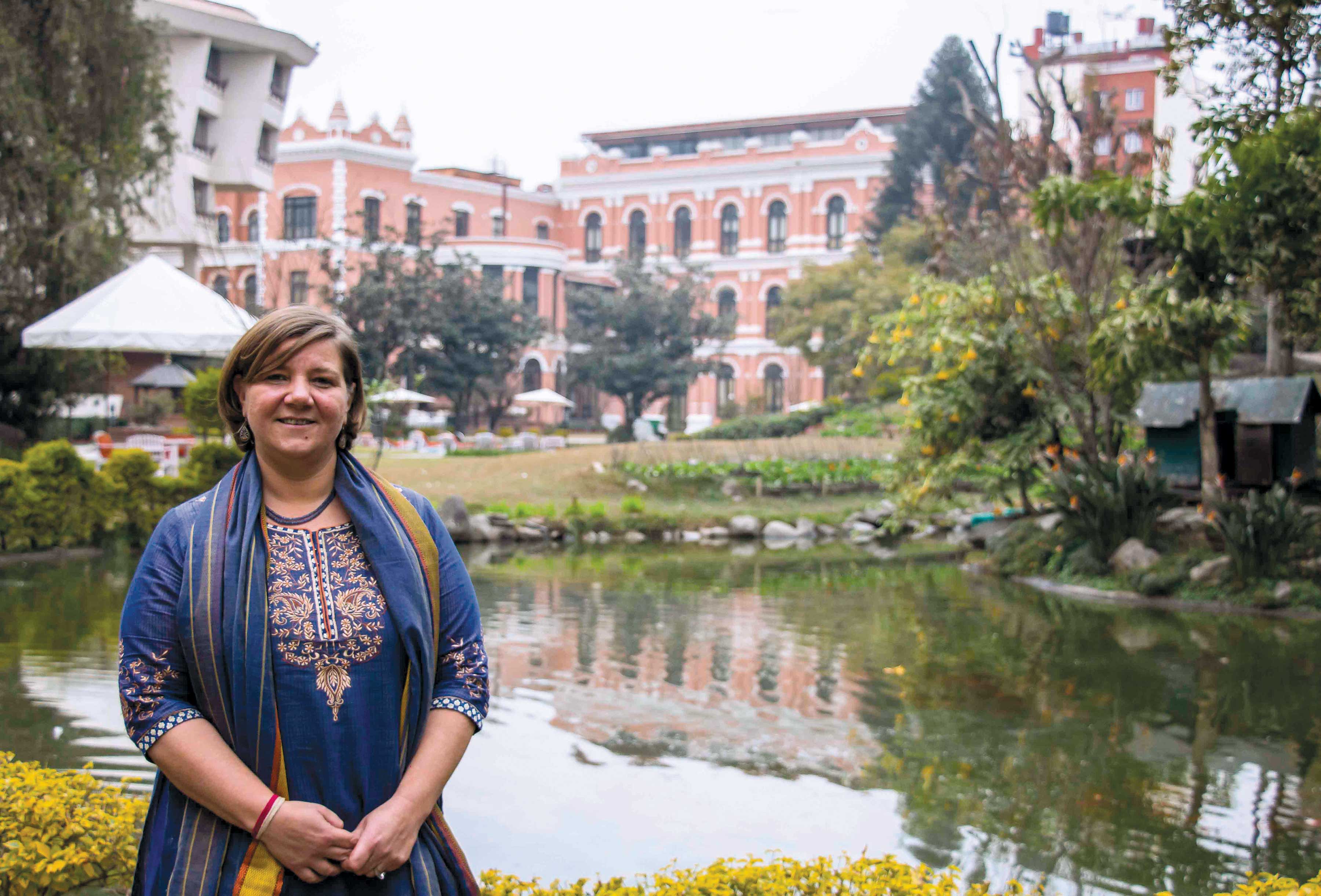In Nepal, meat is often rightly suspected to be the bearer of many ills due to many problems in meat processing. We are fortunate to have Nina & Hager Meat Products as a wonderful example of hygienic and healthy meat production and selling as well as being a high quality supplier to local businesses and organizations. Owner Chandra Tiwari started his business back in 1990, with the help of friends about whom he is still full of praise. He also mentions his wife as another most important contributor for the business. Previously, the name of the company was Nina Meat Products, which was taken from the name of Mr. Tiwari’s daughter. Until 1992, the production was in a sort of trial period due to the lack of consumer awareness about meat and health issues. At that time, Mr.Tiwari received a two-year scholarship for a course in livestock training in Nurnberg, Germany. Upon his return in 1994, he re-started his business, shifting to using the standards and techniques he had learned in Germany, and adopting the new name ‘Nina & Hager meat products’. ‘Hager’ was the name of his technical advisor in Germany.
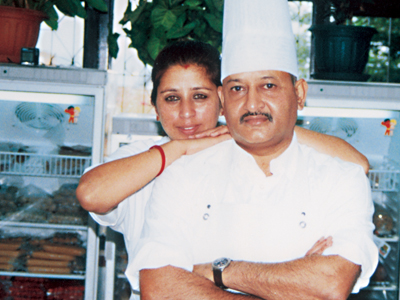 Nine years after re-opening the business with just himself and his wife, Nina & Hager now has fourteen personnel - an equal number of men and women - and a very busy schedule. The firm has three sections: – butcher, processing and marketing & sales. Chandra Tiwari handles the processing section himself, whereas Mrs. Tiwari looks after the butcher section. Their son also recently joined the business as an employee. He is handling the marketing and sales section.
Nine years after re-opening the business with just himself and his wife, Nina & Hager now has fourteen personnel - an equal number of men and women - and a very busy schedule. The firm has three sections: – butcher, processing and marketing & sales. Chandra Tiwari handles the processing section himself, whereas Mrs. Tiwari looks after the butcher section. Their son also recently joined the business as an employee. He is handling the marketing and sales section.
There are many factors that contribute to the excellence of Nina and Hager meats. “95% of the raw materials for our meat products are from local venues. We select healthy and quality chickens, which are supplied by a Chitwan-based poultry farm, but buff comes mainly from India because of the pathetic condition of buffalo slaughtering in Kathmandu. Also, the lamb and the duck are imported.” Mr. Tiwari says. Unlike many other meat producers, Nina and Hager always uses healthy animals. Mr. Tiwari explains that the presence of certain hygienic minerals in the meat products of Nina & Hager is another key feature of their business. Involvement of fully trained technicians and an expert chef using modern technology for meat processing and storage also ensure high quality.
Nina & Hager has been following the principle of remaining small. Although the volume of business has expanded several multiples over the years, Tiwari does not want to make his brand a mass consumption item. This is in contrast to what his competitors have been trying to do. And he has a strong reason for his attitude: its very difficult to ensure adequate supervision of mass production. Now the daily raw material requirement has increased to about 600 to 1000 Kg. per day and is still growing. The firm is, as Tiwari says, not able to meet the demand. But Tiwari wants to remain small, “because the secret of the success of my business lies in it being a family business. That way I’m able to maintain the quality. And quality is the major success factor in this business”.
Tiwari says, “Meat must be stored at a low temperature, preferably between minus 18 and minus 24 degrees Celcius. Nina & Hager provide freezers to shopkeepers for exactly this purpose, exclusively for storing our products. But many shopkeepers keep the freezer turned off because they think the meat is already cold. The customer may not notice the difference when purchasing, but the quality definitely deteriorates.” “We have to monitor it closely and we stop supplying to such outlets that do not conform to our standards”, adds Tiwari. “Such monitoring is not possible if I supply every grocery store”, he concludes.
The result is that Nina & Hager products are available only at some select outlets and there is only one outlet in any one locality, for example, at Bhat Bhateni Super Market, and at Fresh House in New Road. In total, there are only ten provision stores and four or five restaurants in Kathmandu Valley offering Nina & Hager products. The bulk of the sales are through direct supply, such as to the diplomatic community.
Interestingly, Nina & Hager do not supply the big hotels and restaurant because of their policy of asking for three-months of credit. For his own payment collection, Tiwari says there is no problem in terms of overdue payments. “First I offer my terms to the retailer. I’m equally open to the terms that the retailer may propose. However, when we agree upon the terms, we are very particular about compliance”, says Tiwari.
Outside Kathmandu, the firm’s products are available only in Pokhara through a dealer, Saleways Department Store. Now Tiwari also wants to open his own outlet, including a restaurant, as he is also a food enthusiast and loves cooking.
According to Tiwari, “Lack of a slaughter house” is the number one problem for the meat business, and “lack of proper awareness of hygiene among the meat shops and consumers” is the second. “The second problem will be relatively easier to tackle once there is a proper slaughter house”, he says. And Nina and Hager is already making a big difference.



